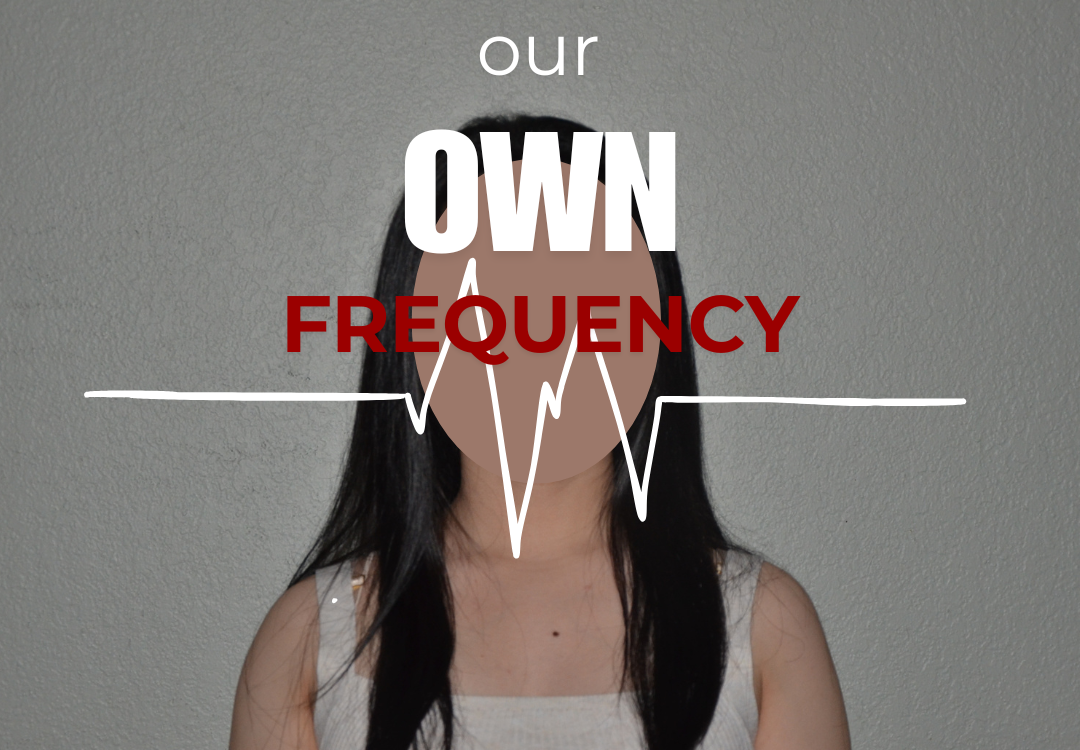JL: Hi, I’m Joyce.
AJ: Hi, I’m Aletheia. Today, we’re diving into something that’s often overlooked in the classroom but can have a huge impact on the way we communicate: how we judge people’s voices, specifically when it comes to vocal patterns like vocal fry and uptalk.
JL: These speech patterns — things like the low, creaky voice known as vocal fry, or the upward inflection at the end of sentences called uptalk — are often criticized, especially when they’re used by women. But why is it that these kinds of speech habits, which many people naturally use, are so policed when women, especially, speak this way?
AJ: It’s crazy when you think about it. Have you noticed that, in class,when a girl speaks with vocal fry or uptalk, there’s almost always some sort of judgment attached to it? I’ve overheard people saying things like, “She sounds so unsure,” or “Why is she talking like that?” In fact, a study found that women using vocal fry are often rated as less competent, while men are given more leeway when they use the same pattern. This can really affect a student’s confidence. Have you ever felt that pressure in class?
JL: Oh, totally. I remember in group discussions, when I spoke with uptalk — especially if I wasn’t fully confident about the answer — I’d consciously think that I sounded “too soft” or “uncertain.” It’s frustrating because we’re all trying to figure things out, but it feels like we are held to this higher standard to sound perfect, which, in itself, is a vague and difficult standard to reach. It’s like there’s no room to just speak without fearing criticism. We’ve become so focused on tone and inflection that we forget the actual content being spoken. But it’s not about whether you sound confident — it’s about whether your ideas are heard and valued. In school, especially here with the academic and rigorous culture of MVHS, we’re often taught that to be taken seriously, we have to sound a certain way.
AJ: Exactly. And this is where things get really frustrating. When you look at the way these speech patterns are treated, it’s not just about sounding uncertain — it’s about how women are expected to be “polite” or “soft-spoken” to be deemed respectable. It’s a form of control that’s deeply tied to gender roles in our society. If women speak too confidently, it can be viewed as “bossy” or “rude,” but if they speak softly with uptalk or vocal fry, it’s seen as weak. I mean, think about how often we hear comments like “She’s too blunt” or “She should be more assertive.” It’s like we’re stuck between being called out for being too shy or too forward.
JL: Absolutely. And it’s not just in the classroom. Social media definitely fuels this problem. You’ll find tons of influencers or meme accounts that poke fun at the way women speak. A popular TikTok trend a while back was creating “stereotypical city girl voices” where people exaggerated uptalk and vocal fry. The fact that these trends go viral only reinforces the idea that women’s voices aren’t worthy of respect unless they conform to a certain standard of speaking. It’s like society’s obsession with how women sound takes away from the substance of what they’re saying.
AJ: Yeah. It’s really damaging because it makes women feel like they need to change the way they speak to be respected.
JL: Right! And once that happens, we lose the authenticity of how we communicate. The worst part is, we start internalizing that judgment, which only adds more strain to how we express ourselves.
AJ: So, what can we do about it? First, we need to stop associating speech patterns like vocal fry and uptalk with incompetence or weakness. It’s a natural way of speaking for many people, and it doesn’t diminish the value of their ideas.
JL: I agree. We could all start by encouraging each other to be more supportive of different speech patterns. Instead of policing how people speak, let’s focus on what they’re contributing, like in that group discussion I brought up. This might mean changing how we think about “confidence” in the classroom, and realizing that confidence can come in different forms. Some students might speak with uptalk or vocal fry, but that doesn’t mean they’re less confident — they just communicate differently.
AJ: Yeah, exactly. And we, as students, need to be more aware of these biases and stop subconsciously perpetuating and playing into them. By normalizing these different ways of speaking, we can create a more inclusive atmosphere where everyone can comfortably express themselves.
JL: And that’s the key. It’s about respect — respecting each other’s voice and allowing everyone to speak in their own way without judgment. If we can do that here at MVHS or even just in a single classroom, we’ll be dispelling the stigma.
AJ: And with that, this is Aletheia,
JL: And this is Joyce.
AJ: Thank you so much for listening!












